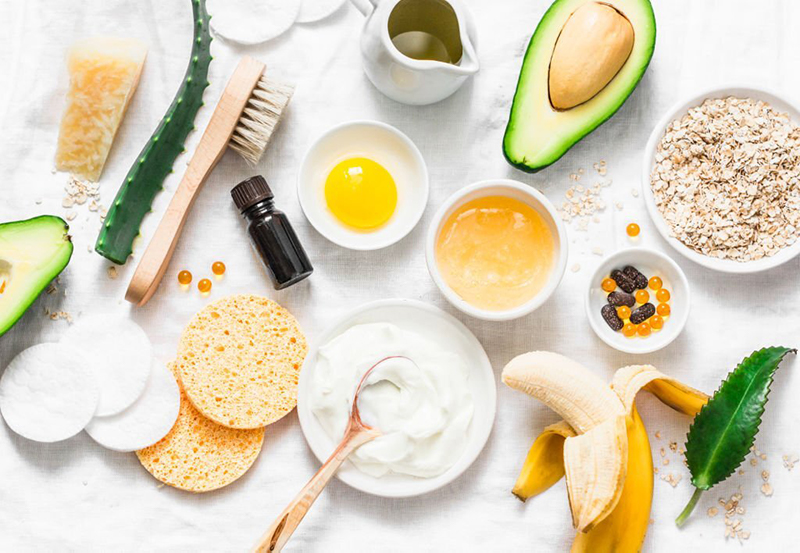Yogurt
Yogurt is the most nutritious probiotic food. It has showed promising effects in curing diarrhea in children when fermented by beneficial bacteria such as bifidobacteria. It has also showed promise in the treatment of Irritable Bowel Syndrome symptoms. Choose a yogurt can that contains live cultures. Yogurt is healthy for the bones and blood pressure, in addition to digestive wellness. probioticseverything.comprobiotic renew life
Kefir
Although kefir grains resemble cereal grains, they are actually bacterial cultures. Kefir is a fermented milk beverage created by combining kefir grains with milk. Because the lactose in kefir is broken down, it can be consumed by persons who are lactose intolerant. Yogurt lacks fat, proteins, and probiotic bacteria, but kefir does. Protein, vitamin B, potassium, and calcium are among the nutrients found in it. Some of its advantages are as follows: probioticseverything.comprobiotic renew life
Intestinal tracts have a better balance of beneficial bacteria.
Aids in the treatment of diarrhea caused by antibiotics.
Irritable bowel syndrome (IBS) symptoms are treated.
Infections of the gastrointestinal tract are avoided.
Infections of the urogenital tract are treated.
Improved bone health
Anti-inflammatory
Lowers cholesterol levels.
Immunity boost
Sauerkraut
Sauerkraut is finely sliced cabbage fermented by lactic acid bacterial strains. It’s a European import that’s sour and salty with a lengthy shelf life. It’s a potent probiotic with plenty of fiber, antioxidants, vitamins (C, B, and K), salt, iron, and manganese. probioticseverything.comprobiotic renew life
Tempeh
This is a traditional Indonesian soy product made from whole soybeans that have been fermented naturally. It’s used to make cakes or patties, and it has a nutty flavor. It can be used to replace meat in your diet while maintaining a high protein intake. The cultures used in traditional tempe shops are high in vitamin B12, whereas identical versions in the West are manufactured using cultures that are substantially lower in vitamin B12. Soybean is typically strong in acids that prevent iron and zinc absorption, however the fermentation process reduces the amount of these acids. probioticseverything.comprobiotic renew life
Kombucha
Kombucha is a frothy Asian tea fermented by a friendly bacterium and yeast strain. It’s manufactured by fermenting sweetened tea with yeast and bacterial strains in microbial colonies. Kombucha’s probiotics are thought to boost gut health and immunity. It also inhibits the growth of some cancer cells. Kombucha has the ability to prevent infections by destroying harmful bacteria before they have a chance to enter the body. It also enlivens your thoughts and has been shown to aid in the treatment of depression and mood disorders, as well as lowering the risk of heart disease. Kombucha’s antioxidants also help to clear toxins from the liver. probioticseverything.comprobiotic renew life
Gherkins or pickles
Probiotics can also be found in cucumbers and olives that have been fermented in a salt and water solution with the help of naturally existing microorganisms. They’re also a good source of salt and vitamin K. probioticseverything.comprobiotic renew life
Kimchi
Kimchi is a traditional Asian side dish made from fermented cabbage or other vegetables and seasoned with scallion, chili pepper, ginger, or garlic. Kimchi is high in vitamin K, riboflavin, and minerals, and it aids digestion. probioticseverything.comprobiotic renew life
Buttermilk
Buttermilk is popular in the Indian subcontinent and tropical climates because of its cooling and probiotic effects. Buttermilk comes in two varieties: traditional buttermilk from the Indian subcontinent and cultured buttermilk from the West, which has less bacterial microorganisms. It is low in fat but high in important minerals and vitamins including as B12, riboflavin, phosphorus, and calcium. probioticseverything.comprobiotic renew life
Cheese
Probiotics are found in cheeses where bacterial strains survive the aging process, such as cottage cheese, gouda, mozzarella, and cheddar. Because the pH of soft cheeses is just high enough for bacteria to survive in the digestive tracts, they are usually high in probiotics when consumed. Another source of protein, calcium, vitamin B12, phosphorus, and other minerals is cheese. probioticseverything.com

